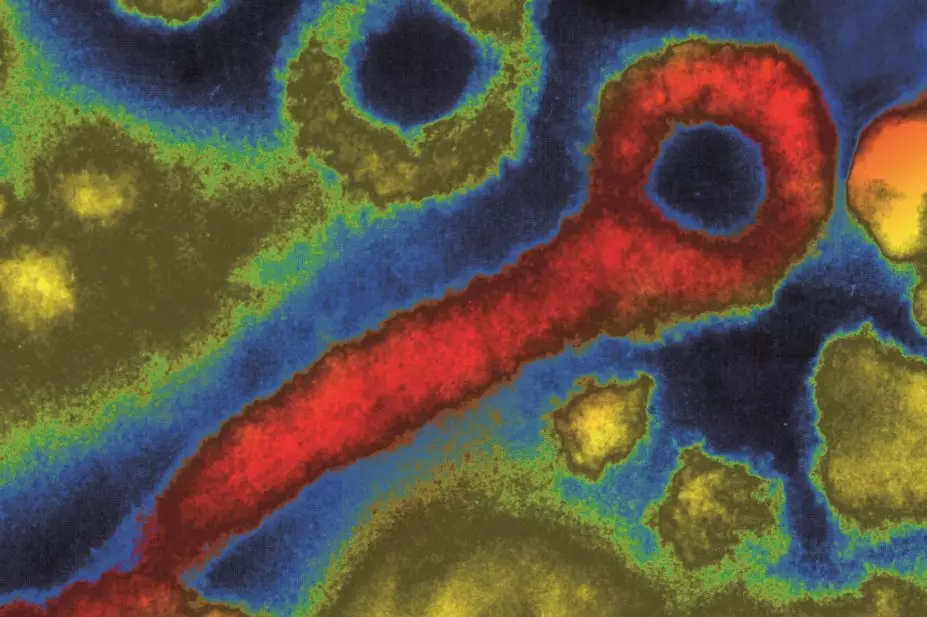
Phanie / Alamy
The University of Oxford has begun a phase I clinical trial of a preventive Ebola vaccine that uses a ‘prime and boost’ approach, it announced on 6 January 2015.
The university is recruiting 72 healthy adults who will receive a two-part vaccine by the end of January 2014. The volunteers’ immune response will be monitored for a year.
The vaccine regimen uses a prime-boost combination of two components based on AdVac technology from Crucell Holland BV, one of the Janssen Pharmaceutical Companies, and the MVA-BN technology from Bavarian Nordic, a biotechnology company based in Copenhagen.
Volunteers will first receive a prime to the immune system to stimulate an initial immune response. This will be followed by a boost, which is expected to enhance the immune response over time.
Earlier pre-clinical studies involving primates achieved complete protection from death from the Kikwit Zaire strain of Ebola, which is similar to the current Ebola virus in West Africa.
The aim of the first human trial is to determine the vaccine’s safety profile. It will consider the order in which the two vaccine parts should be given and the interval between them.
Additional clinical studies are planned to begin in the United States in late January and at a later date in Africa.
“Initiating this study in the space of eight weeks represents a critical leap forward in being able to rapidly develop an Ebola prime-boost vaccine regimen,” says lead researcher Matthew Snape from the Oxford Vaccine Group. “These results will be vital to the design of future studies in broader populations.”
This is the second Ebola vaccine trial being carried out by scientists at the University of Oxford. The first, which involves a vaccine developed by GlaxoSmithKline and the US National Institutes of Health, was launched in September 2014 by the university’s Jenner Institute. Initial results are expected in January 2014.
“Having multiple vaccines progressing through clinical trials increases the likelihood of vaccine manufacturers having the capacity to meet production demands should mass immunisation be required,” says Snape.
There have been 20,656 cases of Ebola in West Africa including 8,153 deaths, according to latest official figures from the US Centers for Disease Control and Prevention and the World Health Organization released on 5 January 2015.
Some 13 other cases have been confirmed outside of West Africa including 7 deaths.


